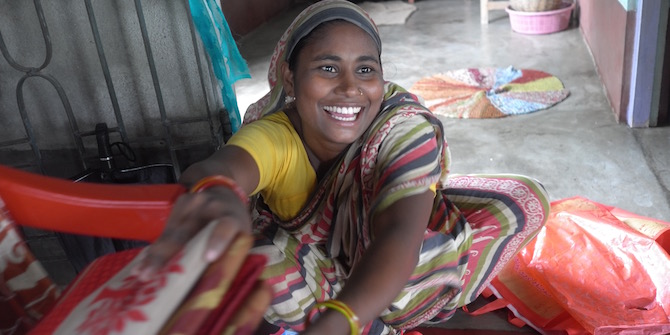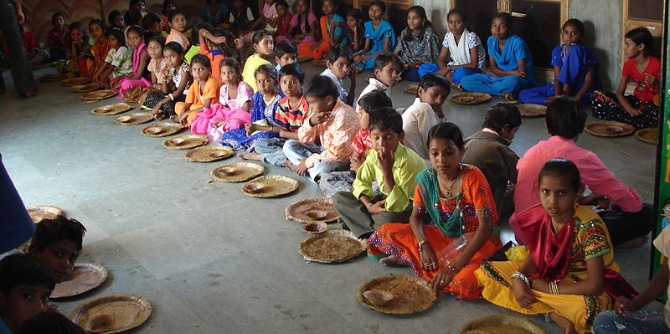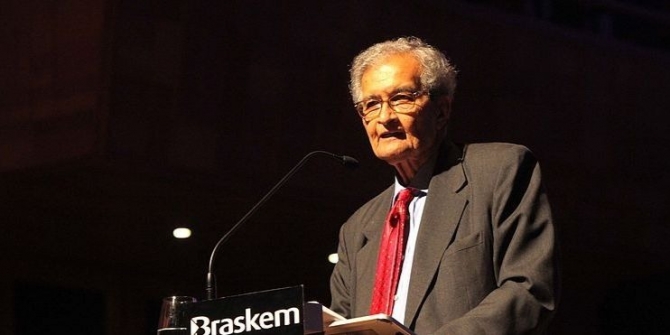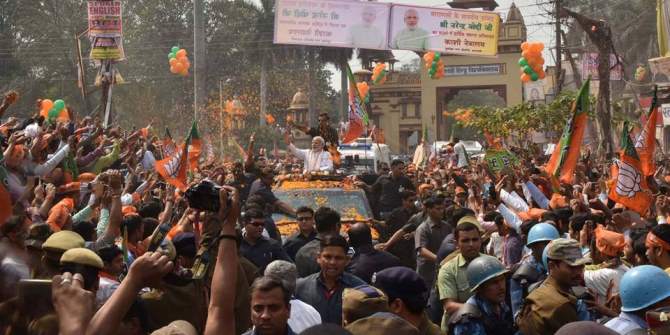Pakistani alumna Laraib Niaz shares her positive experience of mixing with Indian students during her time at LSE.
We were waiting in anticipation for A.R. Rahman to arrive on stage at the O2 arena in London this year, which was filled with enthusiastic faces. What made the occasion more special was the fact that it was Independence Day. No, it was not my country’s independence day – which is celebrated a day before – nor was it of Aayisha’s country (an Afghan friend sitting next to me). It was the independence day of my friend Anushka, who as a matter of fact is Indian. It didn’t matter whose Independence Day it was; our mutual love for Bollywood kept our eyes glued to the stage and the incredible genius of A.R. Rahman made it one of the most memorable nights of my life.
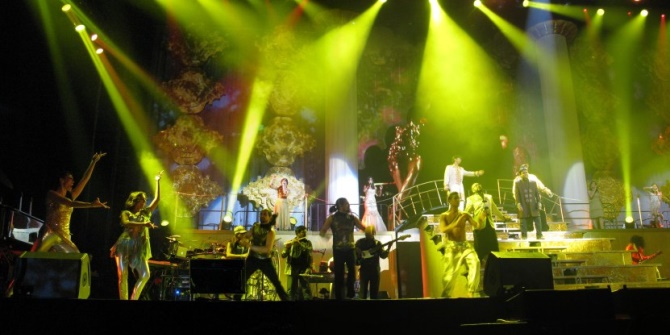
As a Pakistani student at the London School of Economics and Political Science, I was exposed to a vibrant and harmonious multicultural society. For the first time in my life, I was living alone in a foreign land. It was imperative to find worthwhile company for the rest of the year, which was made easier by the spirited community of Indian students there. Funnily enough, I found that Indian and Pakistani students living abroad identify themselves more as Asians rather than with their own nationalities, which serves as a binding factor for them. Once there, the internal rivalries are forgotten, what remains is a mutual bond of trust and love that is born out of unity.
My experience with all the Indian students I met made me realise that we are different sides of the same coin. We have the same traditions, values, and customs and in some cases even festivals (Holi has become a growing trend amongst young Pakistanis). I celebrated everything from Diwali to Holi and even Raksha Bandhan. On the other hand, my Indian friends prepared Iftaris for me during the holy month of Ramadan, celebrated the occasion of Eid and even danced on Pakistani songs at the Houghton street at LSE to mark the commencement of the Pakistani week at the university.
While relaying anecdotes from my childhood to my Indian friends, I was surprised to learn how similar their childhood and the things they grew up watching and reading were, to mine. We also bonded over similar family issues such as the omnipresent ‘When will she get married?’ question, parents expectations and societal pressures. The biggest example of brotherhood was the screening of the World Cup cricket match between India and Pakistan at one of the LSE residences. Being a true test of the loyalty and solidarity between the two communities, it was one of the most enjoyable experiences of the year for me and also (surprise, surprise) was extremely peaceful.
The fact remains that the actual rivalry between the two countries is often seen as intractable – having persisted for seven decades and with no signs of slowing down. The rivalry is such that it is embodied in the textbooks at schools with some researchers even claiming that both sides have engaged in historical revisionism. This has resulted in resentment and deep-rooted hatred in the citizens as well. One needs to look no further than Facebook and YouTube to get an idea of the kind of venom that can be spewed by some individuals. When I read all these hateful comments on social media made by ignorant citizens from both countries, it absolutely saddens me to say the least. It is important to differentiate between international political rivalries and individuals. My experience showed me that it is impossible to judge someone on the basis of their nationality or race, and that individual relations are bigger than politics or military. There are certain factors that bind Indians and Pakistanis together because of their shared history, which cannot be overlooked.
Note: The post originally appeared on Youth Ki Awaaz and is reposted with permission. It gives the views of the author, and not the position of the South Asia @ LSE blog, nor of the London School of Economics. Please read our comments policy before posting.
About the Author
Laraib Niaz recently completed her Masters in Development Management at LSE.



